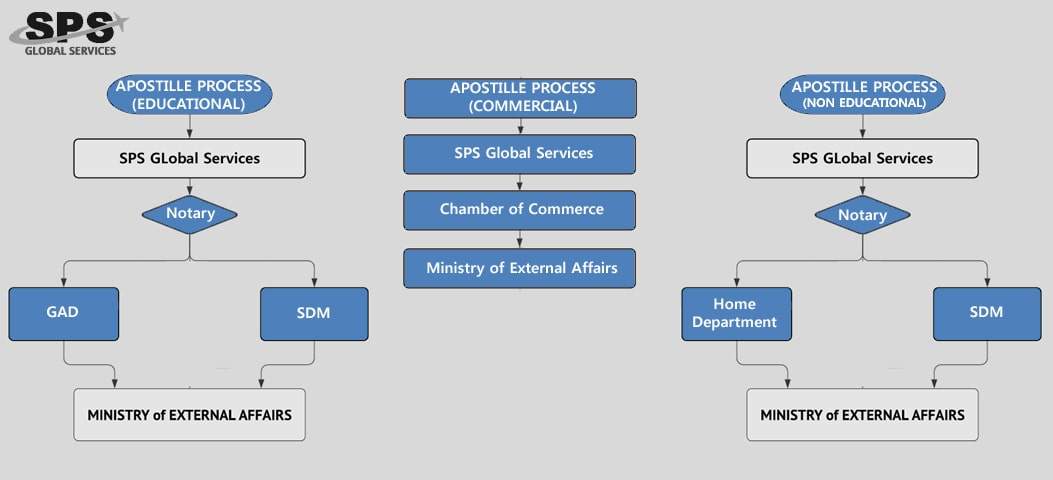
Endowed with landscapes brimming with scenic beauty, Manipur is one of the most fascinating states in Northeast India. Located in the north-eastern corner of India, Manipur has long served as an important link between India and Southeast Asia. Apart from its infrastructure development, Manipur is known for its flourishing handicrafts and handloom industries, which contribute significantly to its economy.
With a subsequent number of natural resources, the state has the potential to be the leading contributor to the industrial growth of the country. Due to its rapid growth in various sectors, there has been a subsequent increase in the demand for Apostille services in Manipur. Our platform, SPS Global Apostille Services in Manipur, provides exceptional support services to our clients.
As a leading market player, SPS Global Services provides the most satisfying and flexible services to its clients. With our 24x7 service support, we strive to provide swift and hassle-free Apostille services to the client. The team at SPS Manipur works diligently to ensure that all of the client’s documents gets verified in a safe and secure manner.
An Apostille is a form of attestation used to confirm the authenticity of various documents. In simple terms, it is a way of legalising all the certificates of a person in an appropriate manner. It is a kind of legal formality mandated by all countries that are part of the Hague Convention. An Apostille is issued in the form of a stamp or sticker by a reliable native authority.
Getting an Apostille stamp is a mandatory legal formality that one has to fulfil when they are travelling for educational or commercial purposes. A person is eligible to travel to a foreign country only after getting proper verification of their documents. An Apostille stamp helps in establishing the legal status of all of a person's documents. It helps the foreign authority to know that you are a legal citizen of a country and are travelling for genuine reasons. An Apostille stamp helps the foreign authority to verify all information about a person. After getting the stamp, there is usually no further need to get the certification from an embassy.

The Apostille convention is an international treaty drafted by the Hague Conference to simplify the process of document legalization. A person's documents become eligible to be used in other countries only after they are verified by the native authorities. This entire process of document verification was expensive and complicated for everyone. Therefore, a joint initiative was taken by many countries to simplify this legalisation process at a global level. In 1961, a conference referred to as the Hague Convention adopted a document called the Apostille as a legal document. This document, once issued, becomes valid in all member countries.
There are broadly three categories of documents that require an Apostille stamp:
Personal: Personal documents are those which contain all the necessary information related to a person. These include:
Educational documents are those that specify the educational qualifications of a person. These are needed when a person applies for studies in a foreign country. These are:

Commercial: Commercial documents are those which are owned by an entrepreneur and are needed if a person wishes to establish a business abroad. These are: